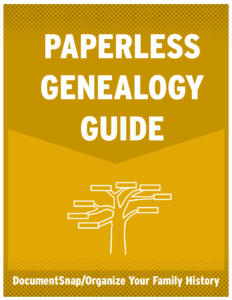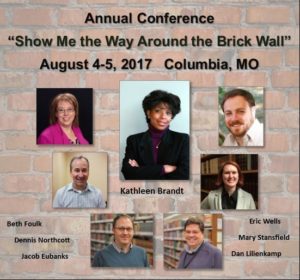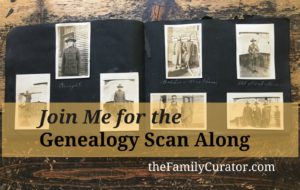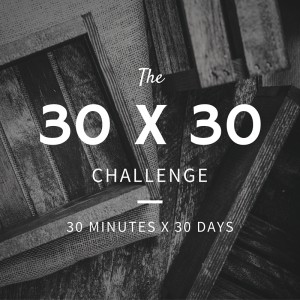 I’ve been researching every day as part of the current 30 x 30 challenge and was just thinking about how grateful I am that all my documents are organized digitally. Five years ago, when I kept and organized paper versions of everything (and let my digital files fall where they may on my hard drive), researching took more effort. I stored my files in a rolling file cart, which I would roll out from my office closet to my desk. I would have to pull out folders, I would print, I would file. I’d roll the cart back. Just handling the paper took precious time away from my research.
I’ve been researching every day as part of the current 30 x 30 challenge and was just thinking about how grateful I am that all my documents are organized digitally. Five years ago, when I kept and organized paper versions of everything (and let my digital files fall where they may on my hard drive), researching took more effort. I stored my files in a rolling file cart, which I would roll out from my office closet to my desk. I would have to pull out folders, I would print, I would file. I’d roll the cart back. Just handling the paper took precious time away from my research.
Now that everything is digital, I sit at my desk and just get going. I’m downloading and renaming, not printing. I’m still filing, but electronic filing takes moments because I have a solid file structure. I know where everything is and it’s not taking up any physical space. As a professional organizer, I find great peace in this.
If that sounds good to you but you’re not there yet, I’d like to offer you some help for going paperless with your own research. Earlier this year I wrote, with scanning expert Brooks Duncan of DocumentSnap, the Paperless Genealogy Guide, a 44-page downloadable pdf. We published it in February in conjunction with the talk we gave at RootsTech (Go Paperless: Streamline and Digitize Your Genealogy). It’s detailed and quite complete and available instantly for only $9. You can read more about it (and buy it!) at the Paperless Genealogy Guide page at Brooks’ website.
 I just love going to genealogy conferences. I try to go to one or more a year. This morning, I signed up for the
I just love going to genealogy conferences. I try to go to one or more a year. This morning, I signed up for the  I was so delighted to get an email from Denise Levenick of The Family Curator about her Genealogy Scan Along, starting tomorrow. Denise is scanning her own old family photos with the intention of creating a family history photo book. And she wants you to join her!
I was so delighted to get an email from Denise Levenick of The Family Curator about her Genealogy Scan Along, starting tomorrow. Denise is scanning her own old family photos with the intention of creating a family history photo book. And she wants you to join her! For those of you who are participating in this month’s 30 x 30 challenge, in which we’re trying to do 30 minutes of genealogy research every day for 30 days, please report in! Are you able to research every day? Or most days anyway? Have you found it to be beneficial?
For those of you who are participating in this month’s 30 x 30 challenge, in which we’re trying to do 30 minutes of genealogy research every day for 30 days, please report in! Are you able to research every day? Or most days anyway? Have you found it to be beneficial?